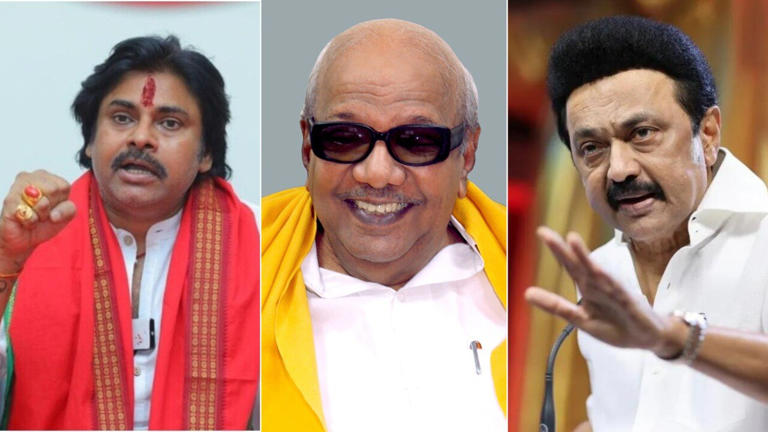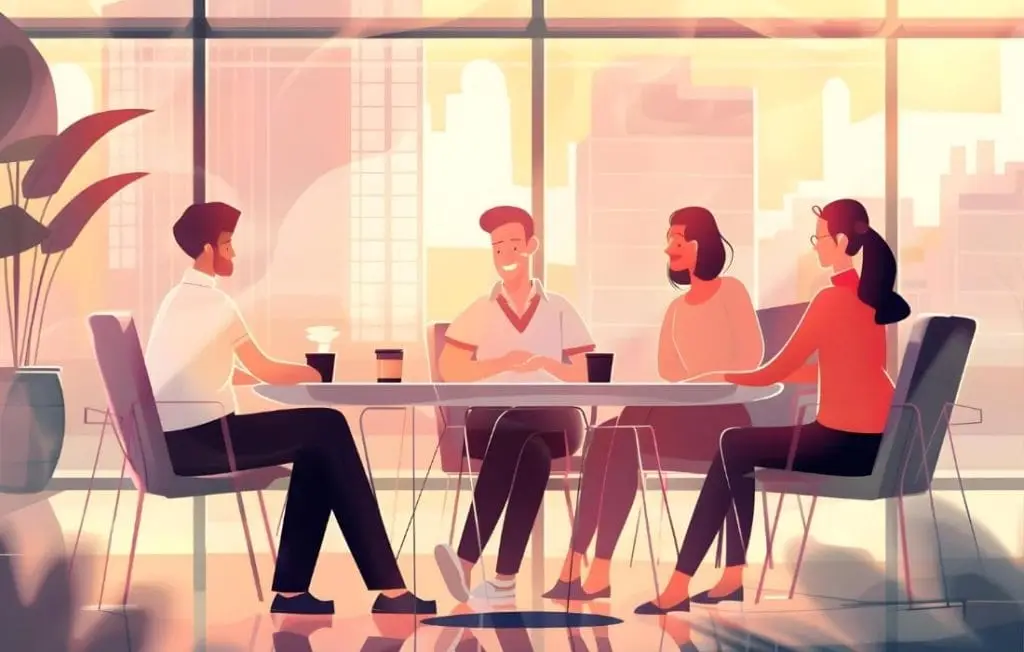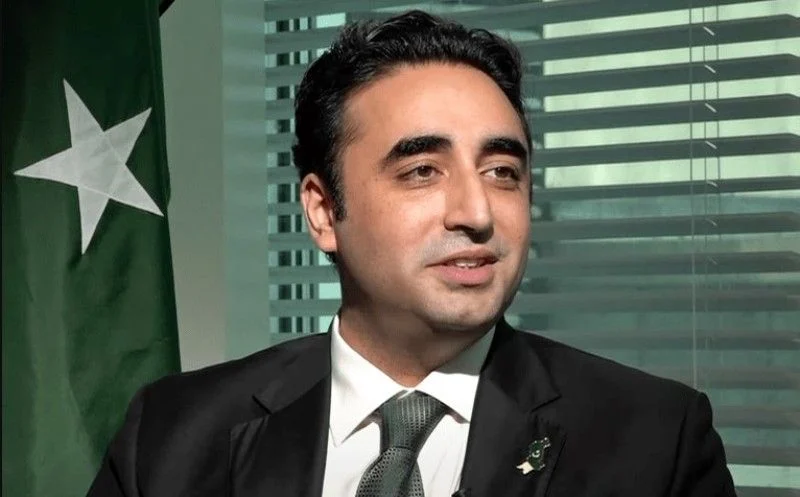Tracing the Evolution of DMK’s Stance on Simultaneous Elections in India
“Can you reject the very idea your political icon once championed?” In a dramatic political challenge, Andhra Pradesh’s Deputy CM Pawan Kalyan questioned Tamil Nadu CM MK Stalin’s opposition to One Nation One Election (ONOE)—a policy that Kalyan claims was once endorsed by none other than M. Karunanidhi, the ideological cornerstone of the DMK. This has ignited a storm of political debate: Is the DMK betraying its legacy or adapting to modern realities?
The One Nation One Election policy seeks to synchronize Lok Sabha and State Assembly elections to streamline governance and reduce election-related costs. It has the backing of the BJP-led Central Government. But it faces stiff resistance from several opposition parties, including the DMK.
Pawan Kalyan’s statement brings a historical twist—pointing out that Karunanidhi supported this very idea in the 1970s. So what changed?
Karunanidhi’s 1971 Move: Early Support for ONOE
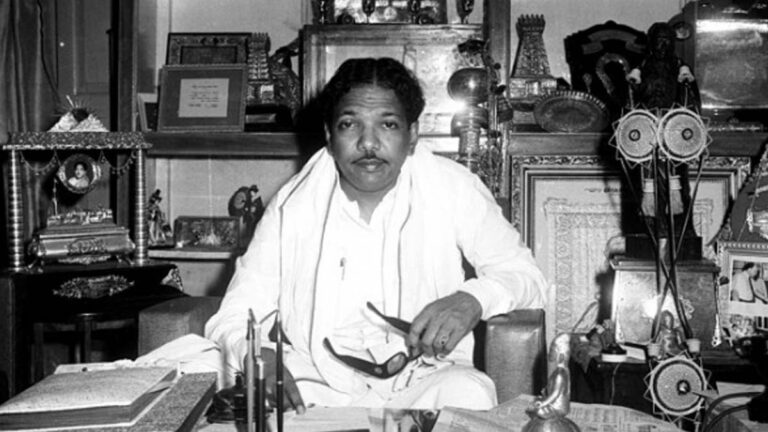
In 1970, the Lok Sabha was dissolved before its full term. Rather than going on a separate electoral cycle, then Chief Minister Karunanidhi dissolved the Tamil Nadu Assembly early in 1971, aligning it with the national elections.
This wasn’t accidental. Karunanidhi believed that frequent elections disturbed governance and were a financial burden on the public exchequer. In his autobiography Nenjukku Neethi, he noted that simultaneous elections reduced administrative disruption and respected the public’s time and resources. He even advocated for a central committee to institutionalize the practice. It’s this history Pawan Kalyan refers to in challenging MK Stalin’s current opposition.
How Does One Nation One Election Work and What Are the DMK’s Concerns Today?
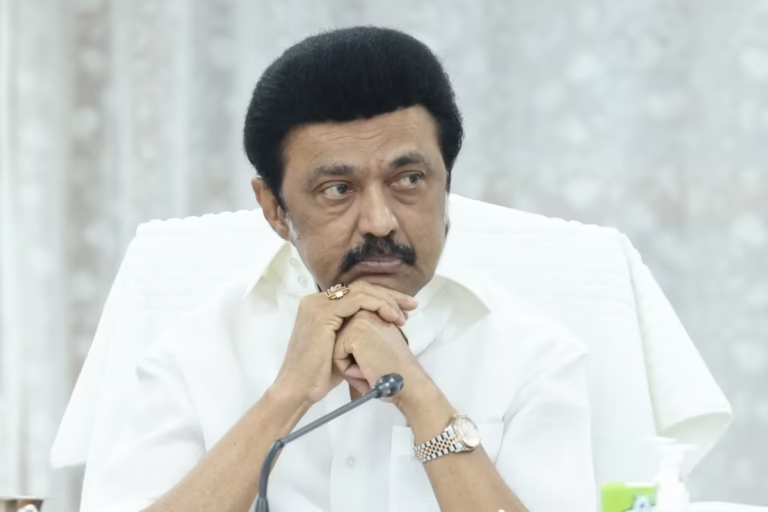
The ONOE concept proposes synchronizing elections across Lok Sabha, State Assemblies, and possibly local bodies. This would mean voters across the country would vote once every five years, reducing the election frequency, costs, and disruption to governance.
Despite Karunanidhi’s historic support, DMK under MK Stalin is now one of the most vocal opponents of ONOE. Here’s why:
- Federal Autonomy: DMK argues that ONOE could undermine state governments’ rights to dissolve their legislatures independently, making them overly reliant on the Centre.
- Electoral Complexity: India now has a much larger, more diverse electorate than in the 1970s. The logistical challenges of conducting simultaneous elections across 28 states are enormous.
- Constitutional Challenges: The implementation may require major constitutional amendments, potentially disturbing the balance of power between the Union and the states.
- Democratic Dilution: Holding all elections together could nationalize local and regional issues, weakening the relevance of regional parties and their causes.
The Critique and Criticism of ONOE- The Debate
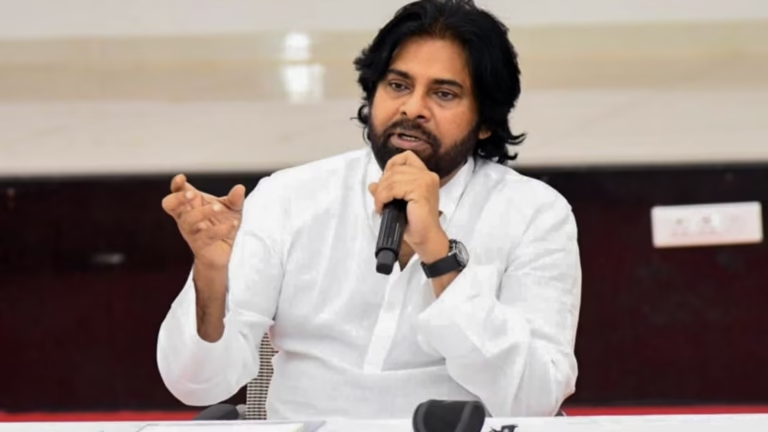
This isn’t just a historical trivia contest. The debate over ONOE speaks directly to India’s federal identity. On one side, advocates like Pawan Kalyan argue that ONOE will enhance administrative efficiency and reduce costs. On the other, critics like Stalin argue it risks centralization of power and erodes state-specific democratic mandates.
Karunanidhi’s legacy, thus, becomes a symbolic battlefield—a lens to interpret how far Indian democracy has come, and how far it should go.
Pawan Kalyan’s question to MK Stalin is more than rhetorical—it’s a reminder of how political ideologies evolve with time. While Karunanidhi once saw simultaneous elections as practical and democratic, today’s DMK views the modern ONOE framework as a threat to federalism.
The core dilemma remains: Can India simplify its electoral process without simplifying its democracy? Only time—and Parliament—will answer.


